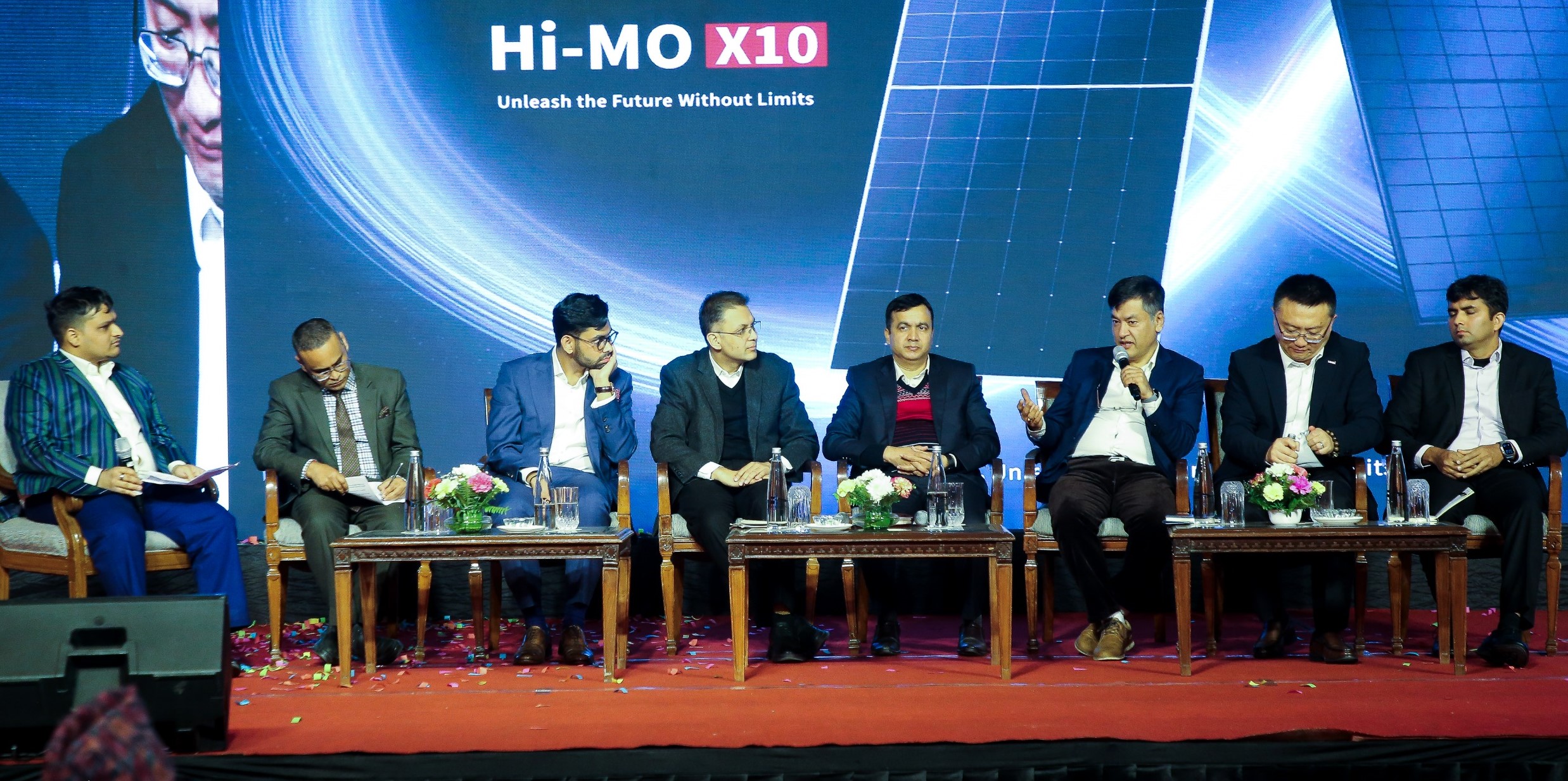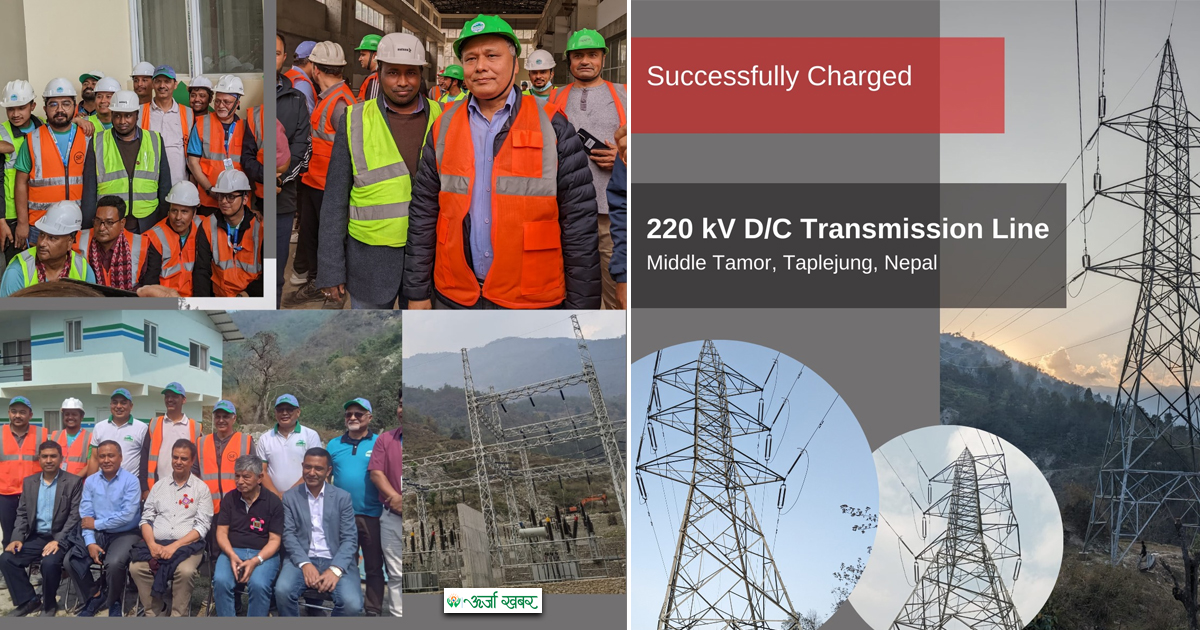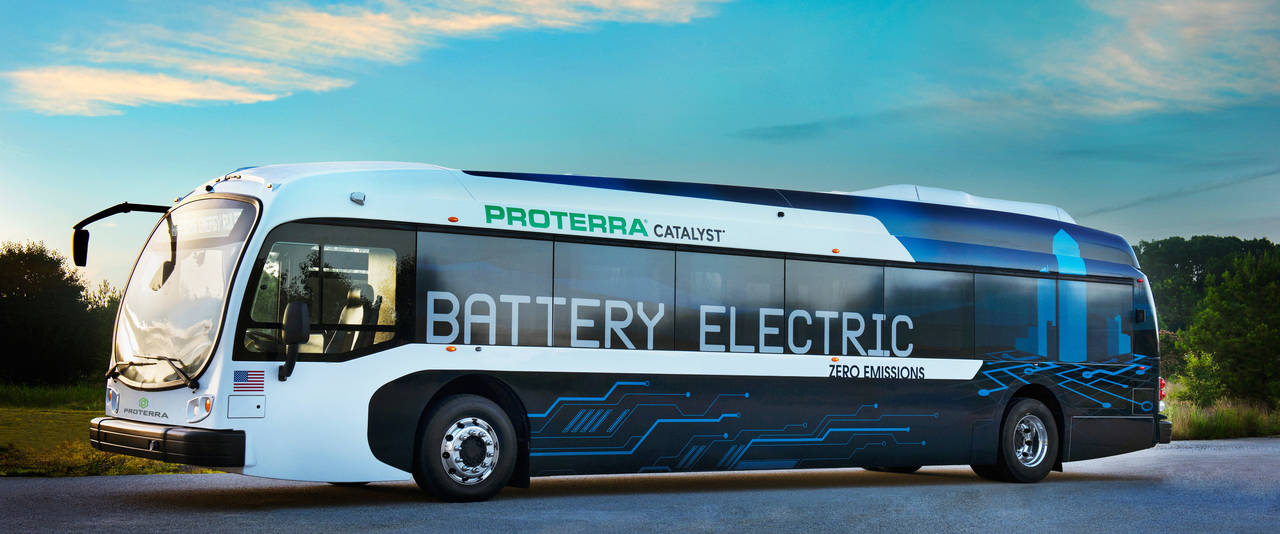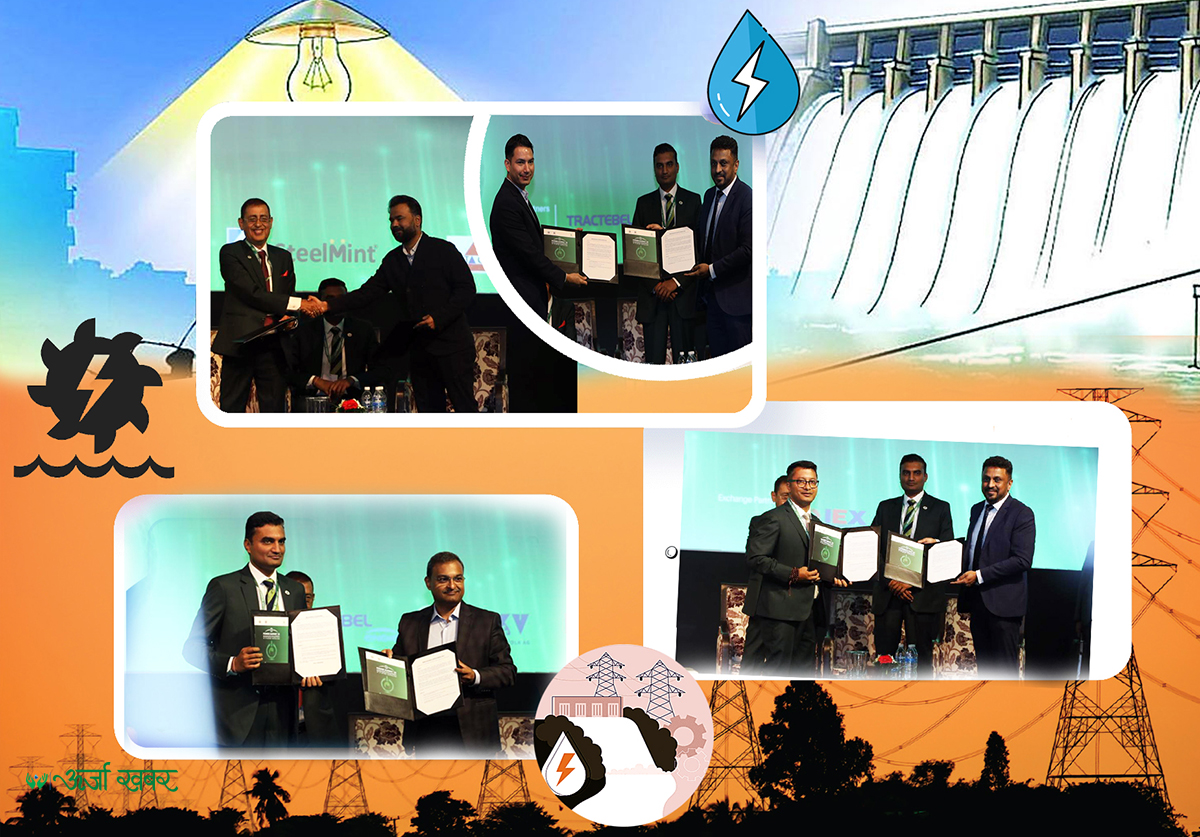Energy Update
Nepal imported 3,870 EVs worth Rs 11.23 billion in the last 11 months

Kathmandu: Nepal imported 3,870 units of electric vehicles (EVs) in the first 11 months of the current fiscal year.
According to the Department of Customs (DoC), the country spent Rs 11.23 billion to purchase aforementioned units of the EVs during mid-July 2022 and mid-June 2023 of the current fiscal year. From the transactions, the government received customs duty worth Rs 3.05 billion.

Of the imported EVs, 3,752 were in capacity of up to 100 kW. The import expense incurred on these EVs was Rs 10.77 billion. Likewise, 106 were between 100-200 kW and they cost Rs 397.40 million. Similarly, 10 imported EVs were in the capacity of 200-300 kW.
The EVs import, in the range of up to 100 kW, has increased notably in the current fiscal year, mainly after the government reduced the taxes on the entry level EVs while raising the taxes on high end EVs. In FY 2078/79, only 1807 electric vehicles were imported.

After the government reduced the tax rates on EVs of 100-200 kW through announcing a budget for 2023/24, the import of vehicles in this segment has increased. The DoC records show that the country imported 915 EVs in just one month of mid-May and mid-June, the majority of which were in this range.
The government has increased the customs and excise duty to up to 15 percent on entry-level vehicles, which are in high demand in Nepal. The customs duty and excise tax on electric cars between 50 to 100 kilowatts were increased by 5 and 10 percent, respectively.
Likewise, each of the customs duty and excise duty on vehicles between 100 to 200 kW has been decreased to Rs 20 percent from 30 percent. The customs duty on EVs in the range of 200-300 kW has been reduced to 30 percent from 45 percent, while the excise duty in this range of EVs has been reduced to 20 percent from 30 percent.
The customs duty for vehicles with a capacity of more than 300 kW has been maintained at 40 percent from between 45-60 percent. Excise duty has been maintained at 45 percent in this range of EVs.
Conversation
- Info. Dept. Reg. No. : 254/073/74
- Telephone : +977-1-5321303
- Email : [email protected]














